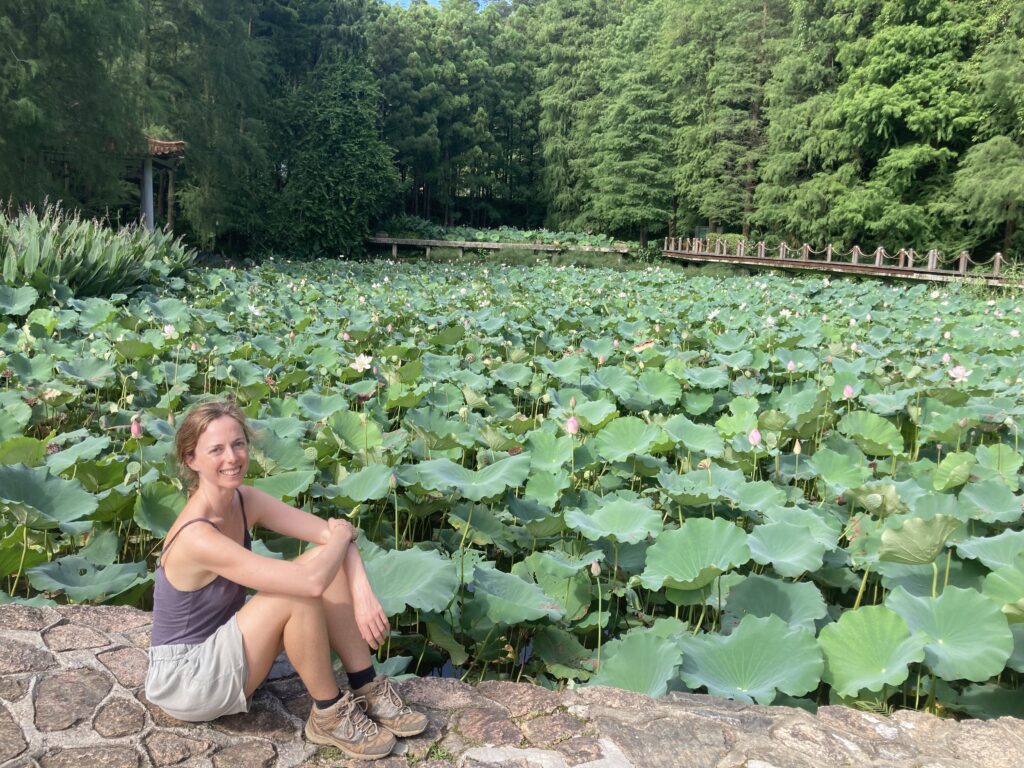Our Heart and our Head can differ in most matters.
Our head and our heart can work together to better inform our decisions and direction in life. So, how can we genuinely follow our heart?
When we let the heart lead, the mind is often slow to follow.
As children, we grow up listening to and following the guidance of others, we typically learn to make decisions out of logic and reason (mind) rather than feeling and intuition (heart).
Shifting from the head to the heart is essentially a skill that we need to practice.
As we build up this habit of referring to our heart, we reassure the mind and create a new path.
When I was living in Boston following in a career I was only half-interested in, and dismissing my true passion (to dance!), a fortune cookie woke me up to my need to honour my heart. It read “Follow a path with heart.”
A few years later after a serious accident, I got a profoundly clear message “Get out of your head and into your heart!” When we repress our heart or don’t listen to our body, the body eventually looks for more dramatic ways to get our attention.
Without the heart, there is no passion, drive, commitment, perseverance, and energy to sustain the decision or direction of your path- whether it relates to career, life goals, or deciding what to cook for dinner!
Follow your Heart
Our rational, educated mind has learnt ways to be and perform in the world. It can be a challenge to access instinct, intuition and body wisdom when this has not been honed as a valuable resource and indicator of successful decision making.
The mind is a great resource for problem-solving, creating and actioning. To have true coherence in mind and body we need the heart to assign the course and direction before the mind manages the process.
How does the heart express what it wants?
By developing an awareness of the subtle sensations of our the body we learn to determine whether something is worth following or running away from.
At some time in our life, we all experience singular moments of unfleeting instinct that guide us to make clear decisions that later reveal their consequence.
This instinctive selection happens all the time but we are typically not aware of it as the result of our choice is not significant enough for us to register the significance of this decision.
So our instinct is active we just need to become more mindful or conscious of when we use it and learn how we can enlist it in other aspects of our lives.
To follow the heart, we first need to lsiten.
The will of the heart is revealed through the sensation of the body. By developing greater somatic awareness of your body you will learn how your body responds to different experiences.
What do you feel when something feels aligned with your hopes? How do you feel in moments of worry or uncertainty?
Distinguish the contrasting responses specific to your body so they can act as indicators in more subtle decisions that do not have such a clear contrast of emotions.
When we are reliant on our mind we become disconnected from our body and this has negative consequences over time- for example, we can become numb to warning signals about our health, and the instinctual reactions that act to protect us can diminish and we become less alert.
Somatic Listening:
Sit in stillness now and focus on your body’s somatic response to different scenarios, leaving logic aside for now:
How do you receive good news- do you feel a lot of energy rising upwards through your body that you could almost jump? What parts of your body engage or become active?
When faced with something counter to your likes or wishes – does your body feel heavy or light? Do you feel hot/ cold? Do your hands come in contact with your body or move away?
As you discover the unique indicators of your body you will become better able to distinguish how you feel in less contrasting situations.
Aside from scenarios of positive and negative emotion, you can also hold abstract objects that you like and dislike to see how your body responds to each- similar to muscle testing in kinesiology.
You are further refining how your body responds to what it prefers. So in the future, when you have a decision to make where there are no obvious distinguishing differences you can decipher your felt sensations to guide your decision.
Connecting to your heart through the felt sensation of the body enables you to make more informed decisions and to better understand where your wish (heart) and your sense of obligation (head) may be in opposition.
The word courage comes from the French word coeur for heart.
It takes courage to follow your heart, it often means taking a different path, saying “no” to someone or something- but it is always worth the risk!
If you want to develop greater awareness and connection to your body check-out our online classes and resources or book a bespoke session to support your path.
I hope this article gives you more confidence to follow your heart!
Laura <3





